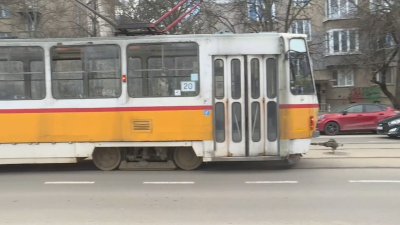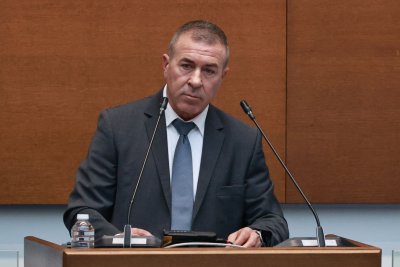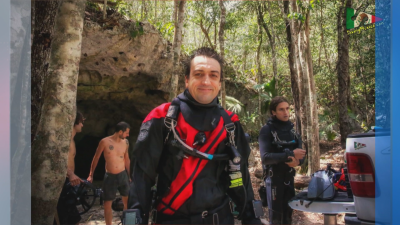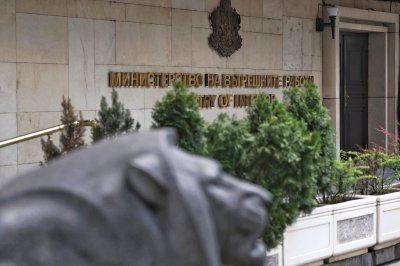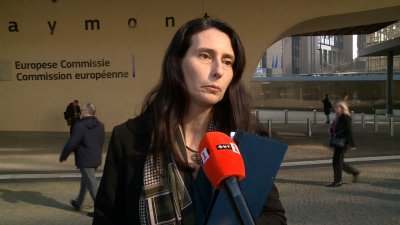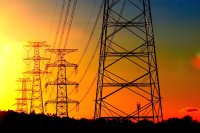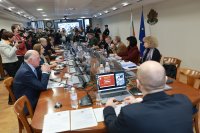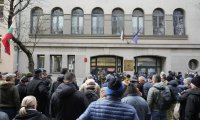The two convergence reports are a joy for those in power and a concern for the people, because every Bulgarian feels in their wallet that that inflation actually is far higher than the officially declared rate. The reports themselves do not spare criticism and hedge against all kinds of risks. These are clearly listed within the reports themselves, Both consumers and producers are well aware that market principles in our country do not function properly due to the lack of an adequate regulatory framework to protect Bulgarian producers, support our farmers, and guarantee their competitiveness. The key question is: are we truly ready, and when should we join the eurozone? Parliament has turned its back on the Bulgarian people, President Rumen Radev told journalists at Vasil Levski Airport on June 8 before departing on an official visit to Kazakhstan and Uzbekistan.
In his words, no one denies the positive aspects of the introduction of the euro.
"We expect the eurozone to increase confidence in the Bulgarian economy, attract more investment, and lead to economic growth. But the question is when this will happen. Currently, according to statistics, Bulgaria stands at 59% of the average price levels in the European Union. That level could very quickly jump to 100% within a matter of months — but when will our economy be able to compensate for this jump? Who should be fighting against this — the Commission for Consumer Protection (CCP) and the Commission for Protection of Competition (CPC)? They should have already fought this battle — prices had already skyrocketed. The unfortunate part is that until now they remained silent. Only after I raised the question of a referendum did they begin to speak of combatting price speculation — this should have happened much earlier. Price increases do not start with the euro’s introduction but months before it. That window has been missed in Bulgaria, and now people are left wondering whether this is a matter of negligence, incompetence, or a combination of both. Parliament has turned its back on the Bulgarian people and no longer represents the will of the nation; it has become a citadel that refuses to listen to the voice of the voters," Radev added.
According to the President, those in power can no longer rely on the support of Bulgarian citizens, and instead lean on external backing.
"This gap between the political class and the people in Bulgaria can only be bridged with a national referendum, because without consensus tensions will continue to rise. Both the European Central Bank and the European Commission are giving Bulgaria a vote of confidence — but with many warnings and remarks, while still assessing significant risks. I see it as a form of insurance,” Rumen Radev said.
Regarding the report on North Macedonia he commented.
"Bulgaria must remain constantly attentive to developments in the Republic of North Macedonia and Skopje's constant lobbying across all European capitals and institutions. In that report, there were more than 31 meetings held by the drafting committee with the Macedonian side, but only one with Bulgarian representatives — this is very indicative. It's good that the governing parties have united in the Bulgarian Parliament, and I hope they clearly defend the Bulgarian national cause."
On the Dismissal of SANS (State Agency for National Security) Head, Plamen Tonchev
Radev explained that Tonchev had submitted a written resignation.
"When there is a written resignation, I have no choice but to issue a decree. The real question is why and how that resignation came about."
On the BOTAS Gas Agreement
"Regarding cases like the BOTAS contract, there's a Bulgarian proverb that says: ‘An evil dog tied to a plum tree neither eats the fruit nor lets others eat it.’ The government neither uses the contract effectively for domestic needs, nor sells to third parties, nor renegotiates it. Apparently, this is politically useful for attacking the presidential institution, but I urge them to stop lying. Every day, both from the parliamentary rostrum and the Council of Ministers, lies are being spread — such as the claim that we don't use or import anything through BOTAS , but only pay for it — this is categorically not true," Rumen Radev stressed.
He clarified that since the beginning of this year, liquefied gas amounting to millions of megawatt-hours has been imported through BOTAS.
"They are using BOTAS right now, but continue to spread lies that they aren't. Why are they misleading the public that Bulgargaz is threatened with bankruptcy because of BOTAS? In reality, Bulgargaz is in debt because under their administration, the debt of Toplofikatsia (the district heating utility) to Bulgargaz has exceeded 1.3 billion leva," Radev added, asking:
“Is there currently extremely expensive gas being stored in BOTAS terminals — gas that their administration imported, that cannot enter Bulgaria at the moment, and which Bulgargaz refuses to accept? Because if it does enter, it would cause a massive spike in prices. This gas is unaffordably expensive and is currently just sitting in storage.”







 Чуй новините
Чуй новините Подкаст
Подкаст

